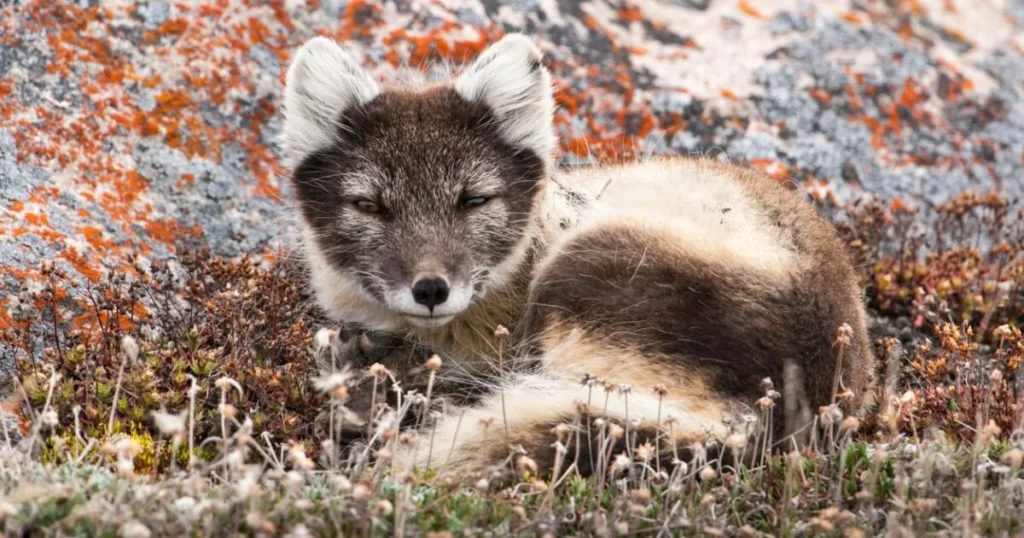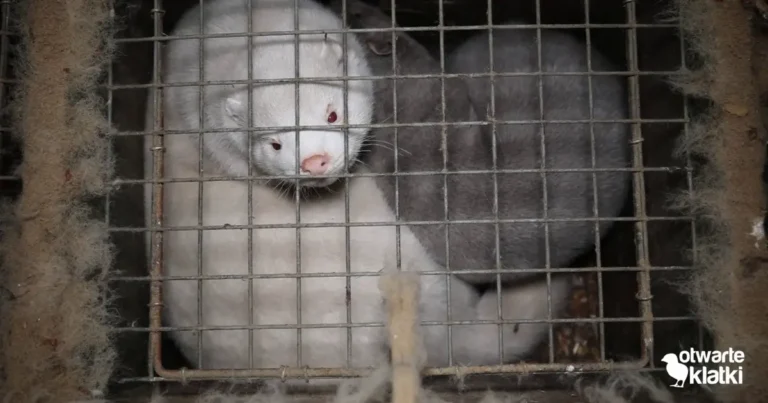
Photo by drferry / Getty Images
Arctic foxes on a Finnish fur farm tested positive this month for H5N1 – Avian influenza – and one Canadian expert is calling out the lack of response.
Dr. Scott Weese, popular educator and one of two University of Guelph professors behind the Worms and Germs blog, wrote about the inherent risks of fur farming, and wake-up call this latest case is sending.
Citing a World Organisation for Animal Health report showing multiple cases of confirmed H5N1 on the Finnish farm, Dr. Weese argues that surveillance (the industry term for watching to see if more animals get sick) isn’t enough to protect against the highly contagious virus.
“What could possibly go wrong with some 1500 raccoon dogs and 3500 foxes in close quarters on a farm with H5N1 and a response that seems to be mainly surveillance,” Dr. Weese asks on WormsandGermsBlog.com. “Large groups of susceptible species create risk for virus transmission and mutation. That’s sometimes unavoidable. There’s a cost-benefit side to consider, and we can’t eliminate all animals or all human-animal interactions.
“However, we can look at situations that create more risk (e.g. susceptible species, dense housing, poor management) and have limited benefit. There’s really no societal benefit of fur farming. Fur production is not essential, the benefits of fur farming are for a miniscule percentage of the population, yet the risks are borne by all of us, are real and could be substantial.”
Dr. Weese raises an important question: how long will we allow for an increased risk for a commodity that provides no social benefits to the general population?
The Situation in Canada
Mink fur farming was halted in British Columbia due to the increased and documented risks of SARS-CoV-2 (COVID-19) transmitting on the fur farms, and between workers and animals. However, fur farming fox and other species remains legal in British Columbia, and no other provincial or territorial body has put in place policy to halt existing fur farming or prevent future fur farming operations from opening.
The Fur-Bearers encourages residents to contact their federal representative to urge action on ending fur farming in Canada. To do so, visit our Citizens Action Toolkit page to get started (click here).
